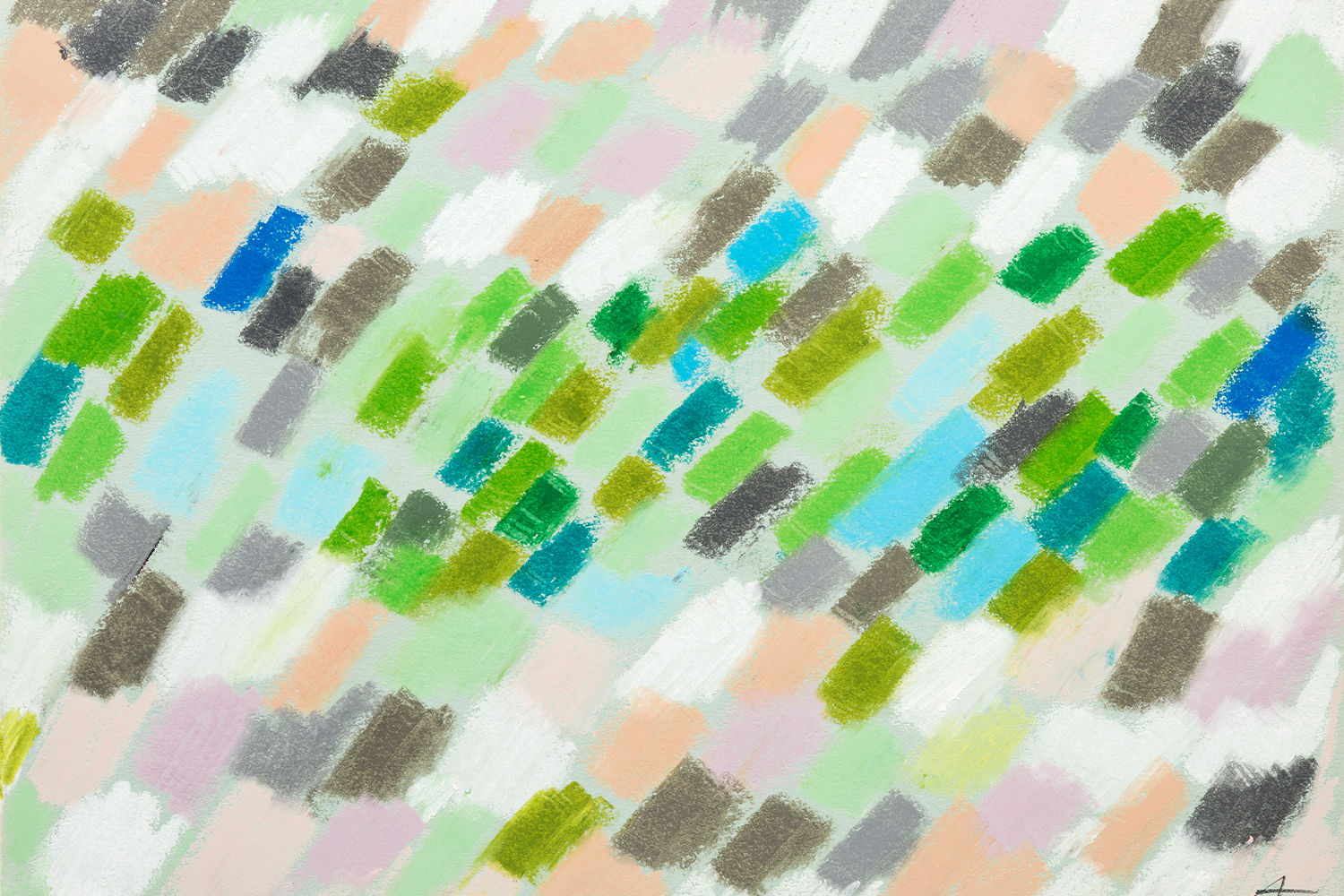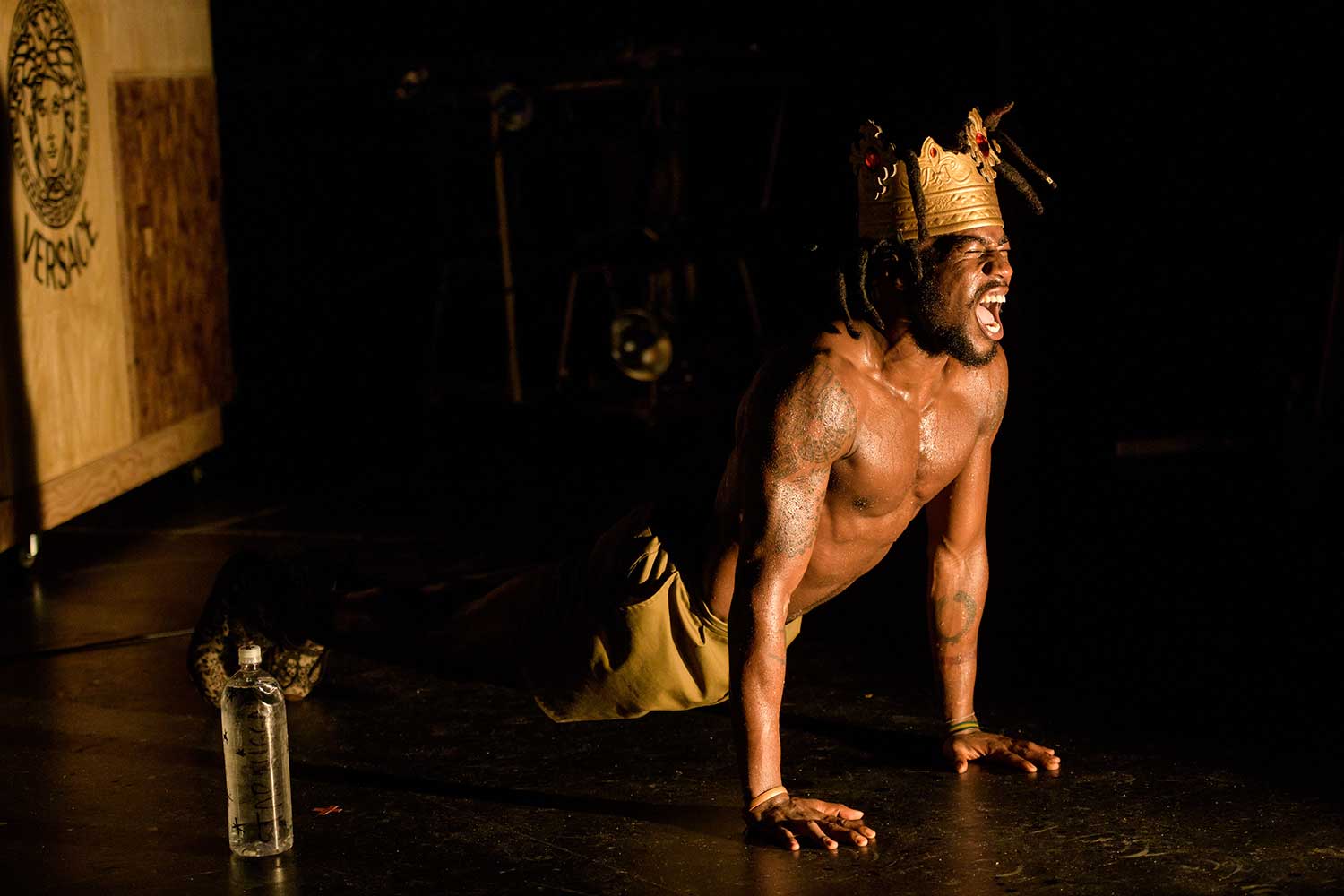Originally published in Flash Art no. 324 February-March 2019.

When I came to the United States in January 1955 to study philosophy at the University of California, Berkeley, I had no idea what I was falling into. It was an upheaval, a cosmic discovery. Over the years, I pursued some studies, went to Harvard for a year, and ended up teaching philosophy in a small college in the Bay Area north of San Francisco.
It was in my Harvard year that I started to listen to jazz music. I had two records: a Louis Armstrong record featuring, among other things, “St. Louis Blues,” and Charlie Parker’s I Love Paris. I listened to these records over and over, obsessively, and to nothing else.
I went back to California, and pretty soon the 1960s started, and with them a cultural revolution, peaceful and ecstatic, that touched the whole world.
We thought then that the world was made of geniuses, that creativity was as generous as the Mississippi, that everything was absolutely possible. In San Francisco you could hear Miles Davis at the Jazz Workshop for one dollar at the door and one drink, and there were very few people inside.
I got so carried away with my new passion that I declared one day in class, in my small Catholic college, that Louis Armstrong was superior to Beethoven. This didn’t go over well with my students, some of whom even complained to the administration!
That was also the time when I realized the ambiguity on which the very foundations of the United States resided: a wonderful and lasting constitution, and the double terror of the genocide of the indigenous peoples and the enslavement of Africans.
I went deeply into the thinking of the indigenous peoples, and I believe to this day that their worldview has answers for America.
I became sensitive to many aspects of the discrimination to which black people were subject, and found it unacceptable that although I was a newcomer to the continent compared to the descendants of those enslaved Africans, I didn’t suffer rejection because of the color of my skin.
Those were also the years when a whole section of the American people rebelled openly. My close friend, Pirkle Jones, exhibited a beautiful photographic essay on the Black Panthers, and I had the chance to meet a few of them. They thought that their patience had run short and that they had to take their destiny into their own hands. Although the movement has apparently failed due to repression, all was not lost — far from it. A new self-confidence was being reinforced.
In my mind I linked that movement to the Algerian War of Independence, for which black Caribbean and African leaders and thinkers such as Frantz Fanon and Patrice Lumumba played a determining role.
When, in the middle of the 1980s, I met June Jordan and we became close friends, my life in the US found a new space, a new dimension. I learned more about black culture, its strength, its ongoing tragedies. I realized that there was still a long way to go. I noticed details closer to home. For example, I noticed how very few black poets were invited to the regular readings that take place in the country. How few of them are invited to the close gatherings among poets, though many black American poets are among the most interesting ones throughout the nation.
I remember that one day when in a small gathering of poets, when we were organizing a reading, I suggested that Angela Davis be invited. The proposition was met with silence. I still think that Davis is not only one of the best minds I’ve ever encountered, but a great poet, an inspired intellect that reaches what poetry reaches best, who helped many people, including me, in ways too numerous to detail here.
We are not going to make a political speech. I will just say that black lives matter. Because black lives gave, through jazz music, a soul to the US, a sound to the world. Because black lives gave Martin Luther King and the “Mountaintop” speech, a renewal of the speech on the Mount of Olives. Because black lives debunked the hypocrisy of our unfinished democracy. Because black lives are lives, to start with.




